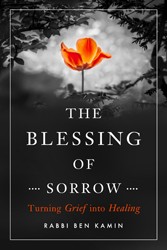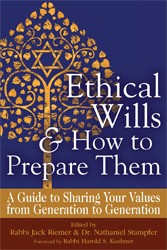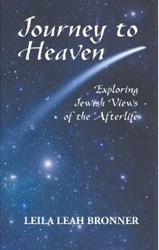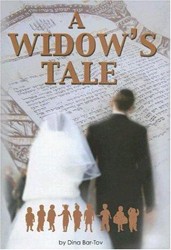Modern man’s encounter with death is a disquieting, painful, and uneasy moment. Spoken of in hushed tones and enveloped by tears, death is the ultimate and inevitable reminder of the powerlessness of humanity to control its own destiny, despite all of our advances in knowledge and technology. Yet for a Jew who believes that death is but a passage to the next and ultimate world of eternity, death is simply another, albeit painful, moment of passage within a cycle of opportunity and life.
Therefore, for a Jew, the road from life to death is filled not with fear and helplessness, but with meaning, ritual, and obligation, and guided by an extraordinary group of men and women, the chevra kadisha. Literally, the “sacred society,” these people gather, often at a moment’s notice, to wash, purify, and dress the deceased before burial with the utmost dignity, care, and respect.
In Dignity Beyond Death, Rochel U. Berman, a member of a chevra kadisha in her own community, has set out to describe the work of this very special group of men and woman in a passionate and insightful manner. Using the voices of many ordinary people who themselves engage in this extraordinary mitzvah, Berman describes not only the details and procedure of this mitzvah, but most importantly the impact this ultimate chesed has upon families of the deceased and the members of the chevra kadisha themselves.
While many of her sources are secondary in nature, Berman’s voice is authentic and her style creates a surprisingly engaging and compelling book, that, while emotion- laden, draws the reader into this mitzvah and most importantly into this intimate circle of men and women. Berman’s intent may have been to merely educate the vast majority of readers who are unfamiliar with this “chesed shel emet” [lit., true act of lovingkindness], but within a few pages her stories and reflections serve to make the reader want to join in this sacred deed.
Hard as it is to imagine, Berman’s descriptions of the taharot [lit., purifications] of the elderly and the young, the infirm and the victims of accident or terror, offer the reader a sense of comfort, as she describes the loving manner in which the members of the chevra kadisha treat the lifeless body. As such, this book is an invaluable resource not only for those who mourn the loss of loved ones but also for those who seek to understand how Jewish law protects the dignity of the individual even beyond life.
Berman should be commended for creating this important, and most importantly, sacred work that extends her chesed beyond the moment of death and into the hearts of the living.





